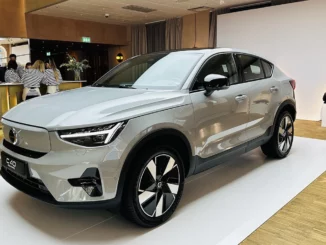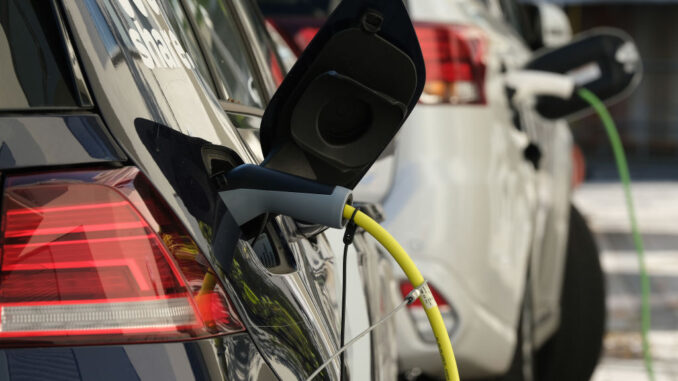
As sales of electric vehicles grow and automakers introduce new models, electric utilities are working on how to build out infrastructure so drivers can recharge these cars.
The Edison Electric Institute (EEI), which represents U.S.-based investor owned utilities, said there are at least 1.5 million electric vehicles on the nation’s highways. The group anticipates that by 2030, there will be 18 .7 million electric vehicles in the U.S., comprising 7% of the cars and light trucks on roads.
EEI forecasts that by 2030, one in five vehicles sold in the U.S. will be electric.
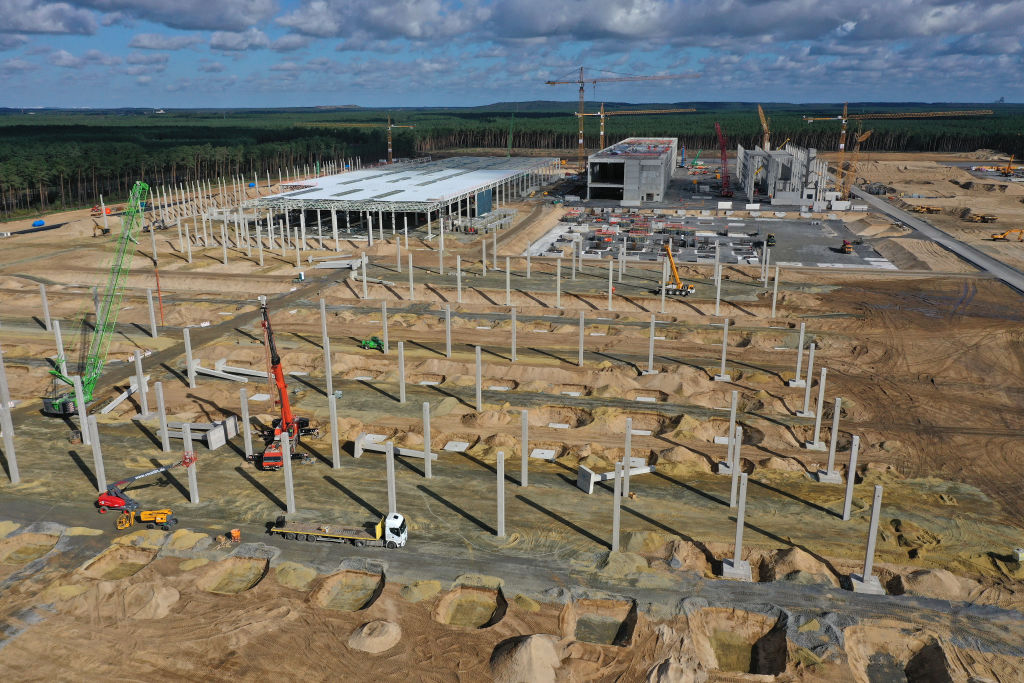
Electric vehicles (EV) are proving cheaper to operate than traditional gas cars. The costs to charge an electric vehicle is approximately equal to $1.20-a-gallon for standard vehicles, EEI said. However, while sales of electric vehicles continue to grow, the infrastructure hasn’t kept up. To support the number of projected EV cars in 2030, EEI estimates that 9.7 million charging staions will be needed.
Energy research firm Wood Mackenzie forecasts that by 2040, there will be 323 million EVs on the road worldwide. Several traditional automobile manufacturers have committed to establishing EV lines. General Motors plans 20 EVs across its brands by 2023, including two recently unveiled models: the Cadillac LYRIQ and the GMC Hummer EV.
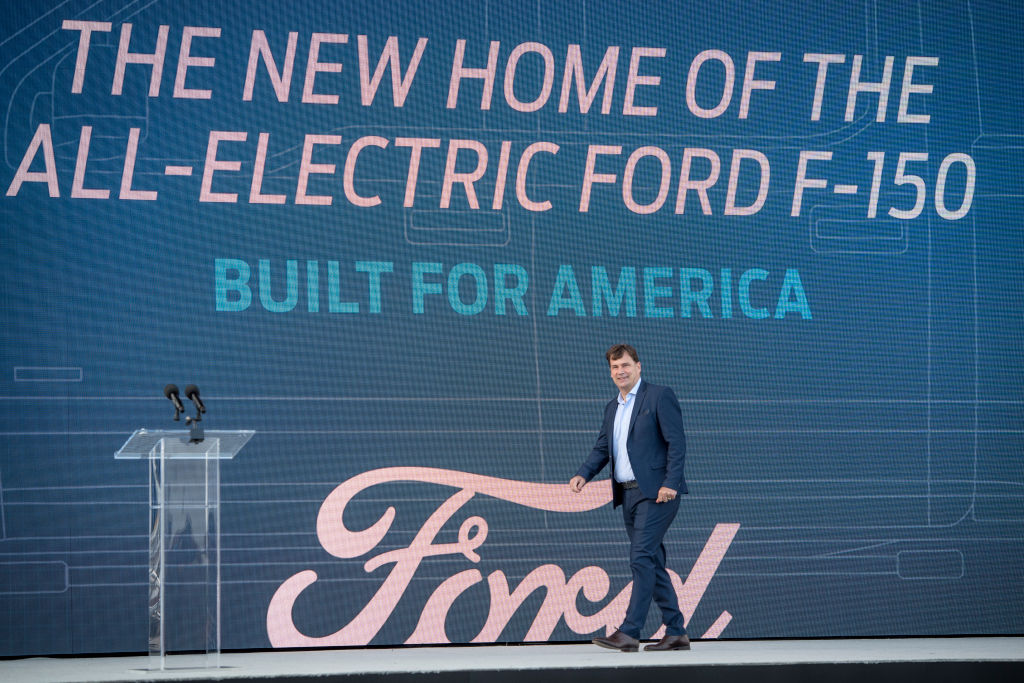
Ford last week announced it was adding an all-electric van to its line of EVs. And the world’s largest automaker, Volkswagen, announced in September it was introducing an all-electric SUV model.
“Major automakers have set their sights on being climate neutral by 2050 and view battery electric vehicles (BEVs) as the strongest lever to achieving that target,” said Ram Chandrasekaran, Wood Mackenzie principal analyst.
It’s not just automakers jumping into the EV market. Several companies that support EVs are growing.. Heightened sales of electric vehicles require a corresponding increase in charging stations.
The National Renewable Energy Laboratory (NREL) is tracking these deployments and saw a continued uptick in the number of charging stations available across the country. A report released on Nov. 10 shows a rise in deployments of EV charging stations in the first quarter of 2020, registering a 7.6% increase so far this year.
Deployment of EV charging stations continues to grow across the country, with a 10% surge in the Northeast and a 9% increase in California, according to the report.
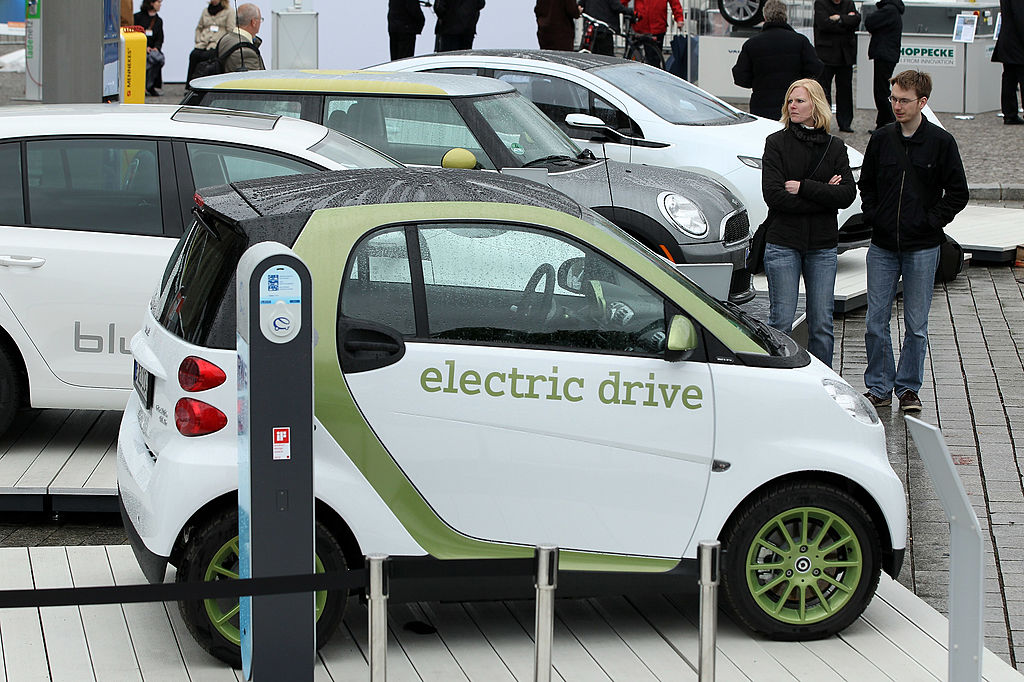
“Since about 2011, we’ve seen strong year-over-year growth in charging infrastructure,” said Abby Brown, a project manager in NREL’s Sustainable Transportation Integration group and co-author of the report. “Between December of 2015 and 2019 alone, for example, the number of charging stations doubled. It was much the same in early 2020: more growth in all parts of the country.”
A company that specializes in building charging stations for electric vehicles announced it will go public. San Diego-based Nuvve manufactures a unique charging system that can help support the electric grid. Vehicle-to-grid technology allows vehicles to charge during low demand and can even feed electricity back into the grid during high-demand periods.
The NREL Advanced Research on Integrated Energy Systems is working on ways to better integrate electric vehicles into the electrical grid, focusing on “bidirectional” solutions, in which the batteries in EVs could be used to feed back into the grid during peak periods.
“So many more devices are being electrified, including vehicles, and we have to figure out how to have different technologies working together,” said Jen Kurtz, director of energy conversion and storage systems center at the NREL, during a forum last fall hosted by the Atlantic Council.
However, not everyone has gotten behind the effort to integrate EV charging stations. Groups that represent ratepayers argue the costs for adding this infrastructure shouldn’t fall to all utility customers. Oil and gas interests have also pushed back against utility investment in charging stations, arguing it is public investment in a product that’s competitive with standard automobiles.
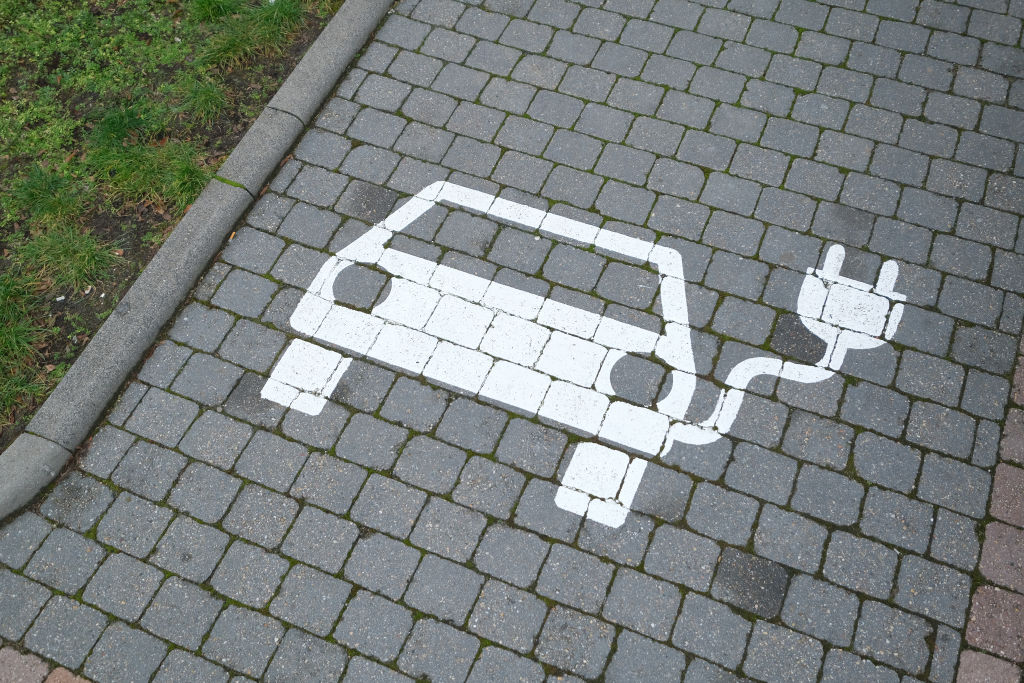
In 2018, the American Fuel & Petrochemical Manufacturers were part of a lawsuit against the Kansas City Power & Light Company over its proposal to use ratepayer funds to pay for charging stations, leading the utility to pull the proposal.
“This agreement is an important step to ensure that the cost of charging EVs are paid by EV owners and are not subsidized by families and businesses throughout the state in the form of higher electricity rates,” said AFPM President and CEO Chet Thompson.
One group that has argued against public utilities investing in charging stations is the New Jersey Division of Rate Counsel, which represents ratepayers in public matters.
In September, the group opposed investments by Atlantic City Electric in charging stations, arguing the private sector should make the investments and the proposal was “heavily weighted toward subsidizing plug-in vehicle charging equipment for a few individuals and corporate entities at the expense of all ACE ratepayers
(Edited by Bryan Wilkes and Fern Siegel)
The post As Electric Vehicles Gain Popularity, Utilities Weigh Infrastructure Changes appeared first on Zenger News.




